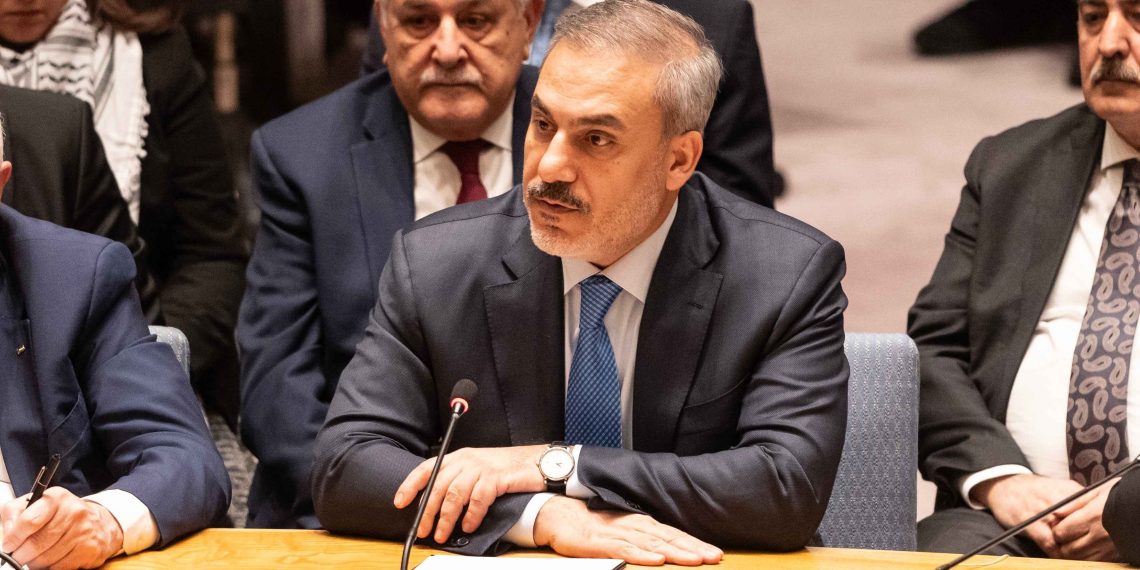Turkey has been offered partner country status by the BRICS group, a significant step in the nation’s efforts to strengthen its economic and diplomatic ties with emerging global economies. The announcement was made by Turkey’s Trade Minister Omer Bolat, confirming that BRICS offered this status as part of the group’s ongoing expansion strategy. Turkey, a NATO member, has been exploring opportunities to balance its Western alliances while deepening connections with the Global South, especially with key BRICS members like Russia, China, and India.
This move is part of Turkey’s broader geopolitical shift, where it has emphasized its desire to maintain a strong relationship with both Western nations and BRICS members. At the BRICS Summit in Kazan, Russia, held in October 2024, the group introduced the concept of “partner country” status as a way to include nations with growing trade interests without granting full membership. Turkey’s leaders have made it clear that, while they value BRICS membership, this partnership does not undermine their NATO obligations, positioning BRICS cooperation as complementary to their existing Western ties.
Experts believe that Turkey’s entry into the BRICS fold, even as a partner country, could have significant economic benefits. The nation has long sought to diversify its economic dependencies and reduce reliance on the West. Turkey’s potential role within BRICS could open avenues for greater trade, investment, and cooperation, particularly with BRICS members who are also key players in global energy, infrastructure, and technology sectors.
While the exact details of the proposal are still being discussed, it marks a new phase in Turkey’s foreign policy, highlighting its ambition to become a key player in global economic shifts. The full membership that Turkey desires may still be a longer-term goal, but partner country status signals a significant step in this direction. The evolving role of BRICS in global economics and geopolitics will undoubtedly play a crucial role in shaping Turkey’s future diplomatic and trade policies.





















